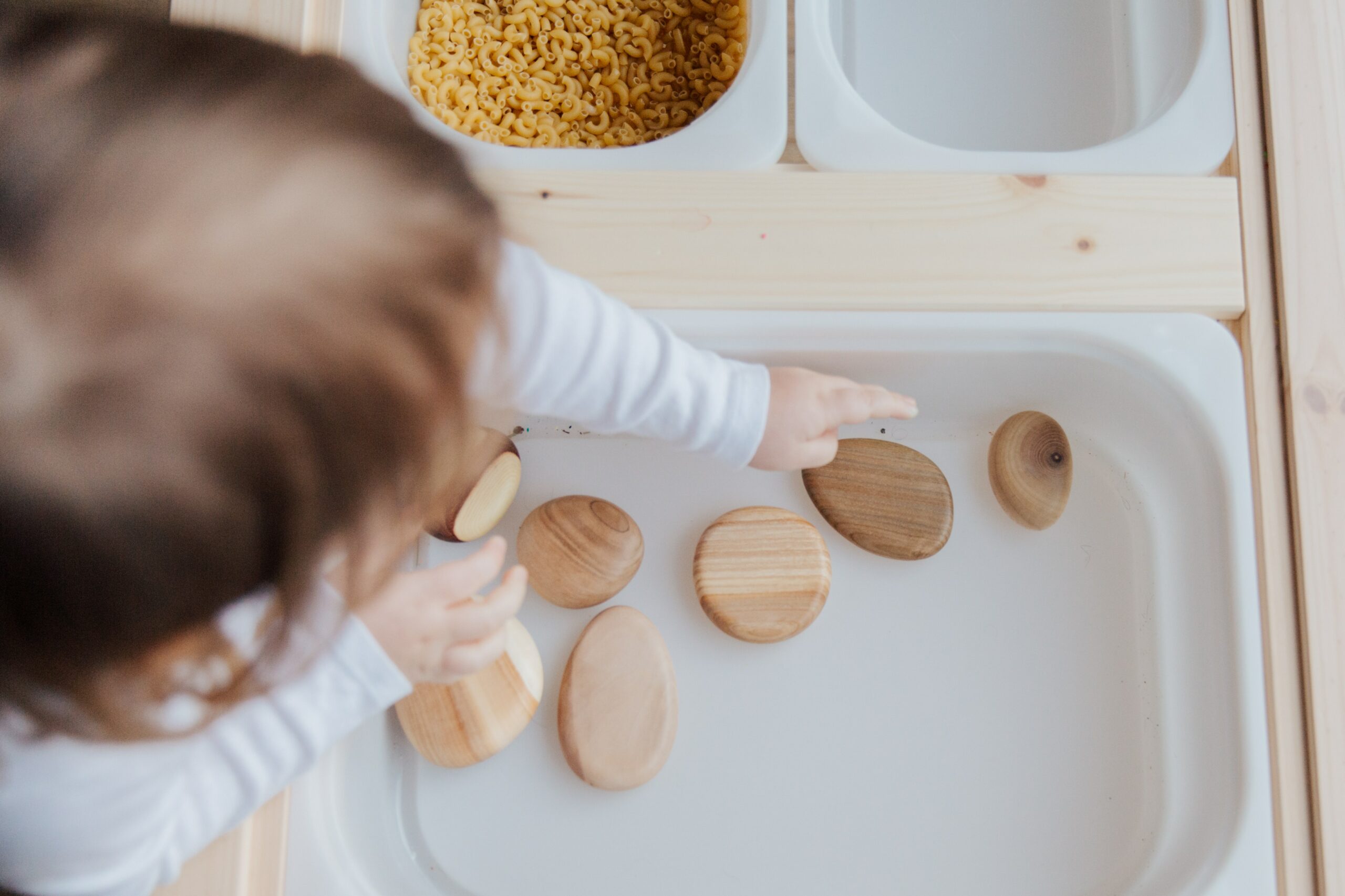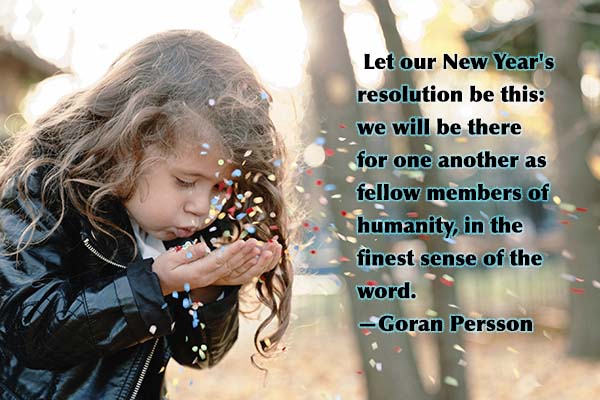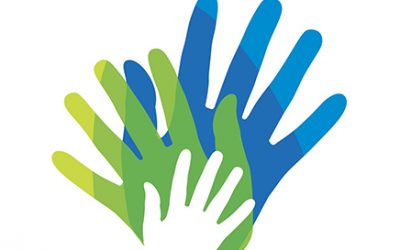
If no one has asked you how Montessori will benefit your child, or will Montessori benefit your child, they have probably thought of it. In fact, you may have asked yourself the very same question. Why choose an education that is an alternative to traditional education?
Let’s examine ten reasons we may choose Montessori for our family.
1. Learning is child-centered and individualized. A similar curriculum to traditional schools is taught, often in a different order, and children move through the curriculum at their own pace. Teachers observe and guide students as needed to develop mastery, rather than following a timeline for learning set by others.
2. With the freedom and support to question deeply, they learn to think critically and act boldly, developing the ability to lead with respect and consideration.
3. By giving students a choice of activities, they develop their executive function skills, making choices on their own, learning to wait and take turns, and developing self-discipline and motivation.
4. The guided independent approach to learning allows Montessori students to become confident, enthusiastic self-learners. Teachers observe, monitor, and guide children to make good choices to progress their learning.
5. There is limited standardized testing, and it is most often used as a way to observe as well as a practical life skill. Children are motivated by and measured against their own achievements, not those of others.
6. Free from predefined times for activities, Montessori children delve into subjects that inspire them and are able to feel the intrinsic reward of seeing a task through to completion, without being cut off because that class has ended.
7. As students are active contributors to the classroom and the teacher their guide, there are more opportunities for cooperation and collaborative working among students of all ages.
8. Montessori focuses on the whole child, with social and emotional development equal to the academic curriculum. Learning to work with others, take turns, lead with respect, speak up, and consider needs outside their own prepares children to be global citizens.
9. The focus is on the key developmental stages of the child, with learning activities and materials designed to further develop key milestones. Neither introducing subjects or skills their brain and body are not prepared for, nor requiring them to stay with information and skills they have already mastered, allows children to reach their own full potential.
10. Montessori is hands-on learning with materials that enable self-correction and self-assessment. Auto-correcting materials (the largest cylinder does not fit in the smallest space) allow children to develop confidence in their own learning and become the developer of their own knowledge rather than go to an adult and drink from their fountain of knowledge.






